Anxiety and stress damage the heart
One of the first signs that can be noticed is when anxiety makes the heart beat faster.

Anger hurts the heart
Ms. Phan Thi Thu (42 years old, Thanh Xuan, Hanoi) has just been told by her doctor that she has high blood pressure. She went to complain to her best friend that she was suffering, and at this young age, she brought in a sick person. Unexpectedly, her friend said greenly: "You are like that, no new diseases".
It's not that Ms. Thu is inherently sensitive, or sad and worried. Moreover, she often compares with other people, afraid that she will be inferior to her sister, so she often embraces work, office work, housework, and then does part-time work, which makes her less time to chat with friends, sometimes when they met, her friends were just bored because they only heard her complain that pressure and inhibitions, but those pressures and inhibitions were also free from her. Ms. Thu was still in shock when a friend said that she had read information that people who are often worried and stressed will be prone to cardiovascular diseases.
Take this question to Assoc. Prof. Dr. Doan Quoc Hung (Deputy Head of Cardiovascular Surgery Department, Viet Duc Hospital). Assoc.
One of the first signs that can be noticed is when anxiety makes the heart beat faster. This is one of the manifestations affecting the heart. If we eat, drink, and live normally, the heart rate will beat about 80 beats / 1 minute, but when there is anxiety, the heart beats faster to 100-120 times / 1 minute, the heart must increase contraction and increase activity. That will quickly get sick, the more anxiety and fear, the more impact it will have on the heart.
The second manifestation is somewhat more intensive, when a person has a reflex of anxiety, fear, or a mental trauma, his body immediately increases the secretion of a hormone called catecholamine. This hormone is secreted by the adrenal gland. Just one impact on the cerebral cortex, anxiety, fear, even joy, the adrenal gland immediately secretes this hormone.
Catecholamine hormone immediately runs into the bloodstream, runs into the circulatory system in the human body. This hormone has many effects, one of its major, strong and rapid effects is immediate peripheral vasoconstriction. That's why when we feel scared, our face is white and our limbs are cold. At the same time, it also increases heart rate and increases blood pressure in the long run, it will cause cardiovascular diseases.
So, when people say that anxiety affects the heart, they are absolutely correct.
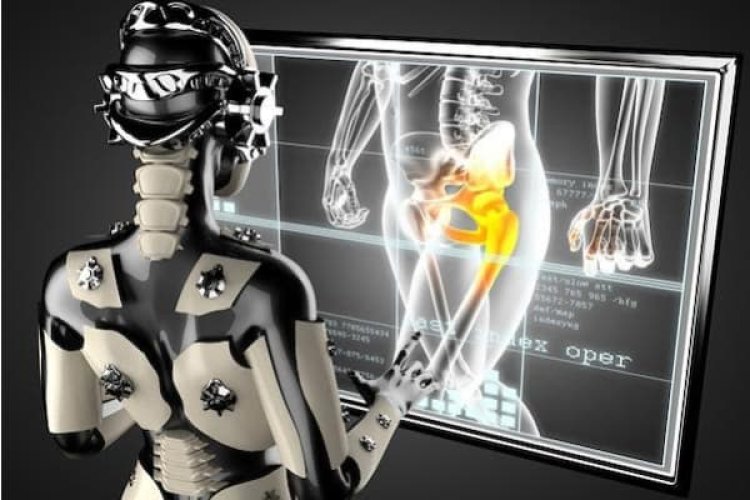
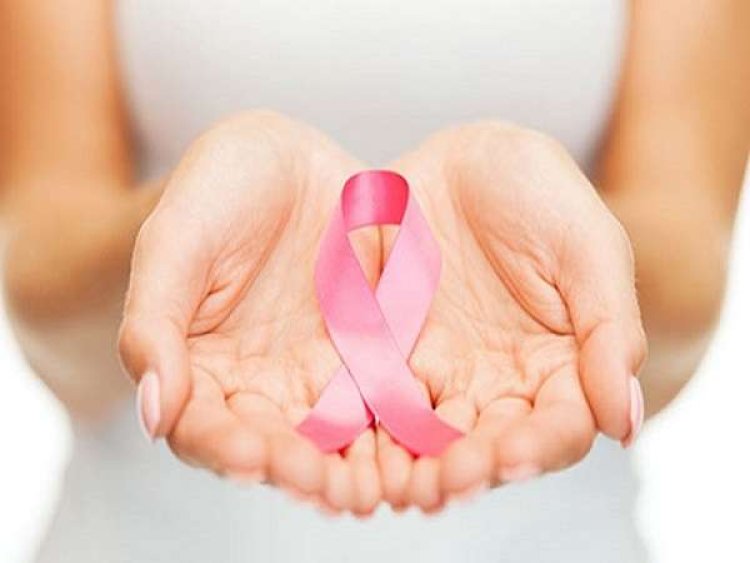




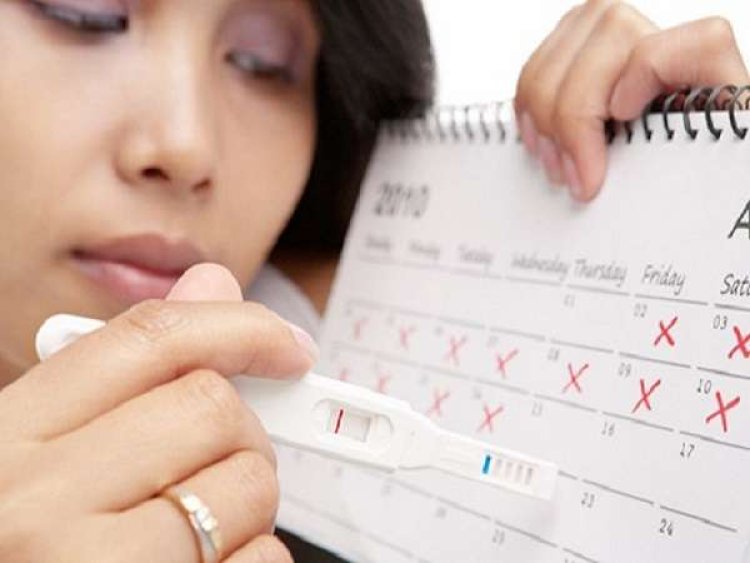
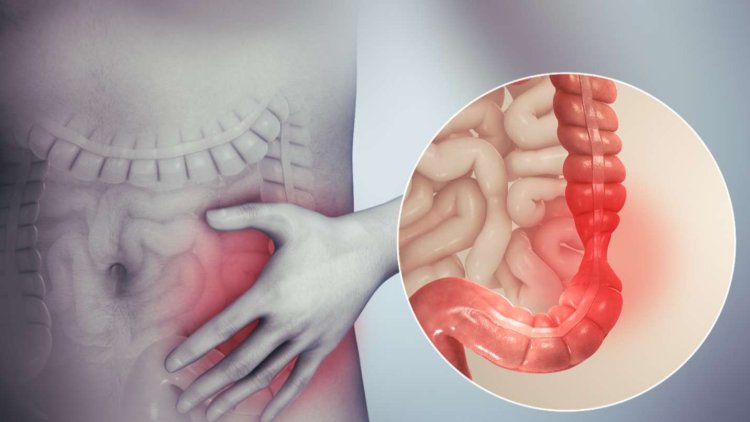
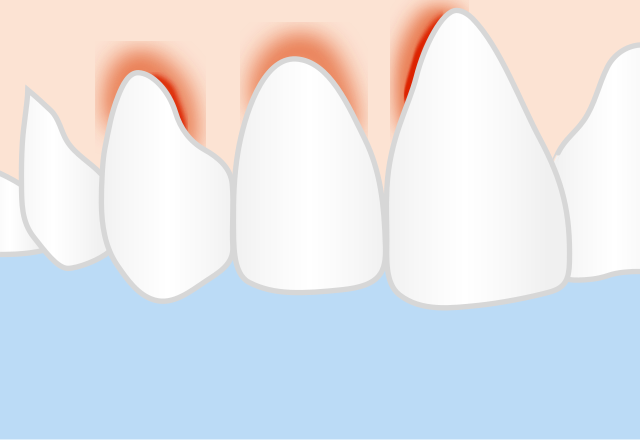




.jpg/640px-Ripe_bitter_melon_(Momordica_charantia).jpg)


